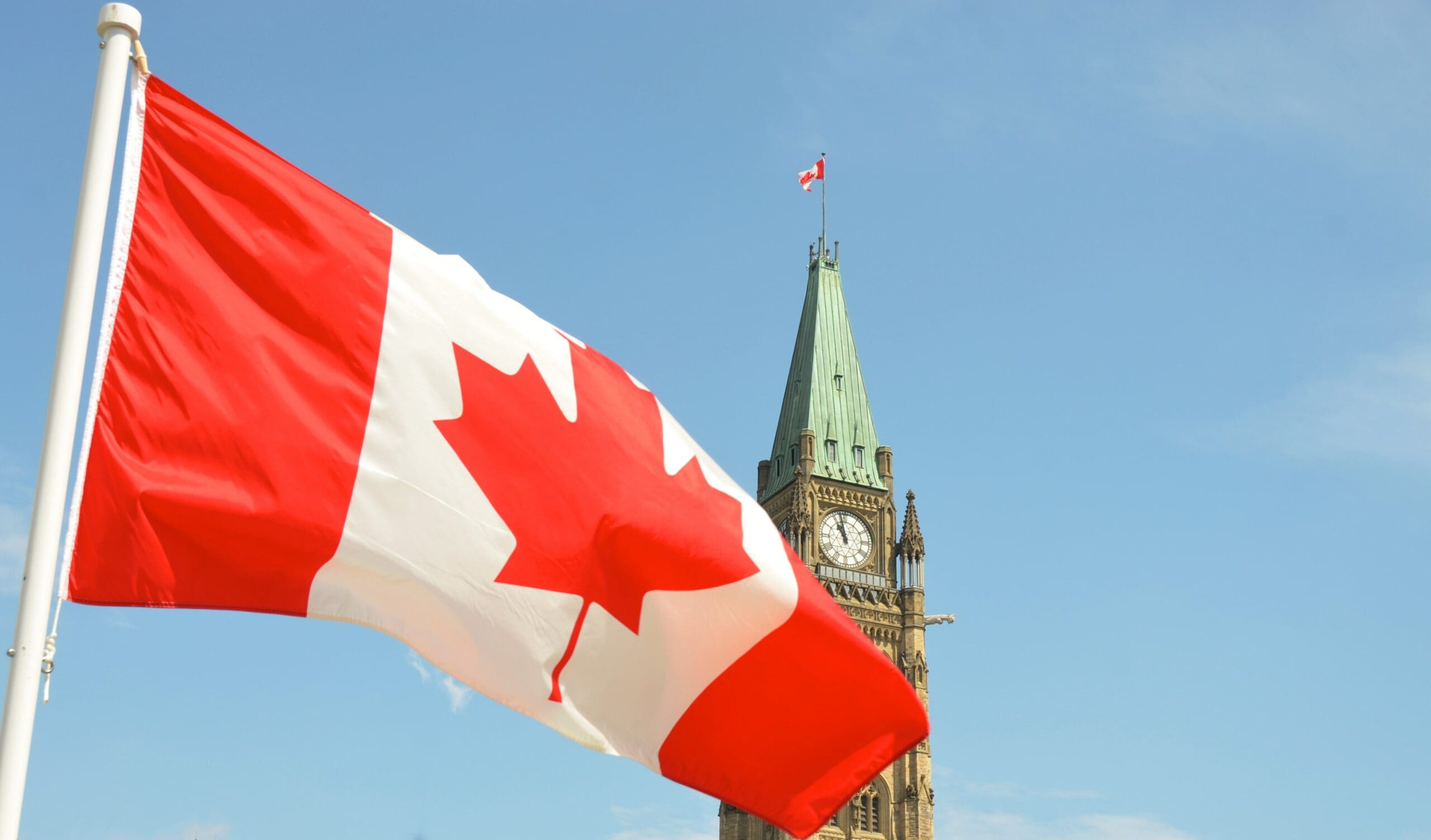Providing Canadians a basic income could cut poverty by almost half in 2022, based on the federal poverty line.
By Jolson Lim
A national guaranteed basic income modelled after a pilot program that once existed in Ontario could cut poverty levels nearly in half, according to Canada’s spending watchdog.
The overall cost of the program would be $85 billion in 2021-22, increasing to $93 billion in its fourth year, although eliminating a wide array of federal and provincial tax credits no longer needed could fund much of the project through new personal income-tax revenues.
In its estimate, the parliamentary budget officer (PBO) used parameters in Ontario’s 2017 basic-income pilot project, which was later cancelled by the Ford government.
A single person would get up to $16,989 a year and a couple would get $24,027.
Disabled Canadians would receive a $6,000 top-up. The more someone earns, the less he or she would receive, at a rate of $0.50 for every dollar earned.
Providing Canadians a basic income could cut poverty by almost half in 2022, based on the federal poverty line.
The decrease would be most felt in Manitoba and Quebec, where 60 per cent fewer people would find themselves living below the poverty line.
In Ontario, poverty would decrease by 49 per cent, close to the national average. In Newfoundland and Labrador, it would fall the least, by 13.5 per cent.
Canadians in the lowest income quintile would benefit the most, with disposable household incomes increasing by $4,535, or 17.5 per cent.
Meanwhile, the disposable household incomes of Canadians in the third, fourth, and fifth income quintiles would fall by at least $1,371.
In total, the disposable income of 6.4 million Canadians would go up under a basic income program. However, it would fall for about 16.8 million people, due largely to the loss of tax credits, such as the basic personal amount.
The increase among the lowest income quintile would be felt most acutely in Manitoba, where disposable incomes would increase by $6,094, or 23.7 per cent.
Elsewhere, the household disposable incomes of the lowest quintile in Ontario would go up by 20 per cent, or $5,369. In Prince Edward Island, the average disposable income would increase by $2,966, or 11.4 per cent.
However, the guaranteed basic income’s effect on labour supply would be “small,” the PBO wrote.
The reduction in hours worked ranges from a high of 1.5 per cent in Nova Scotia to a low of 0.7 per cent in Alberta. Similarly, payroll costs would fall by 1.3 per cent nationally.
Behavioural changes, such as employees working fewer hours, would increase the program’s costs by more than $3 billion a year, however.
The idea of a basic income has grown in popularity, especially during the pandemic, which proponents say has exposed major flaws in Canada’s social safety net.
The Green Party has endorsed a guaranteed livable income, while the NDP has voiced its support for a basic income pilot in P.E.I.
At their convention starting Friday, New Democrats will debate a resolution to implement a guaranteed basic income in Canada.
At their convention starting on Thursday, the Liberals plan to debate a resolution to conduct a cost-benefit analysis of basic income, and to explore ways to streamline current federal-income support. Members of the Liberal caucus, including some ministers, support a national basic income.
The Trudeau government has set a goal to cut the 2015 poverty level in half by 2030. Ottawa managed to reduce poverty by 30 per cent in 2019, surpassing its target to cut it by 20 per cent in 2020, according to federal figures.
Not everyone is on board, though. An expert panel appointed by the B.C. government concluded last January that “moving to a system (with) a basic income for all as its main pillar is not the most just policy option.” It would be too costly, and wouldn’t necessarily help the non-financial problems that cause people to need money in the first place, the report said.
Instead, the panel says the B.C. government should bring in improvements and targeted actions, including a basic income for certain vulnerable groups.
The federal deficit is expected to reach $363.4 billion in 2020-21, the PBO said last week.
View original article here: https://ipolitics.ca/2021/04/07/national-basic-income-could-quickly-cut-poverty-in-half-budget-watchdog/




















